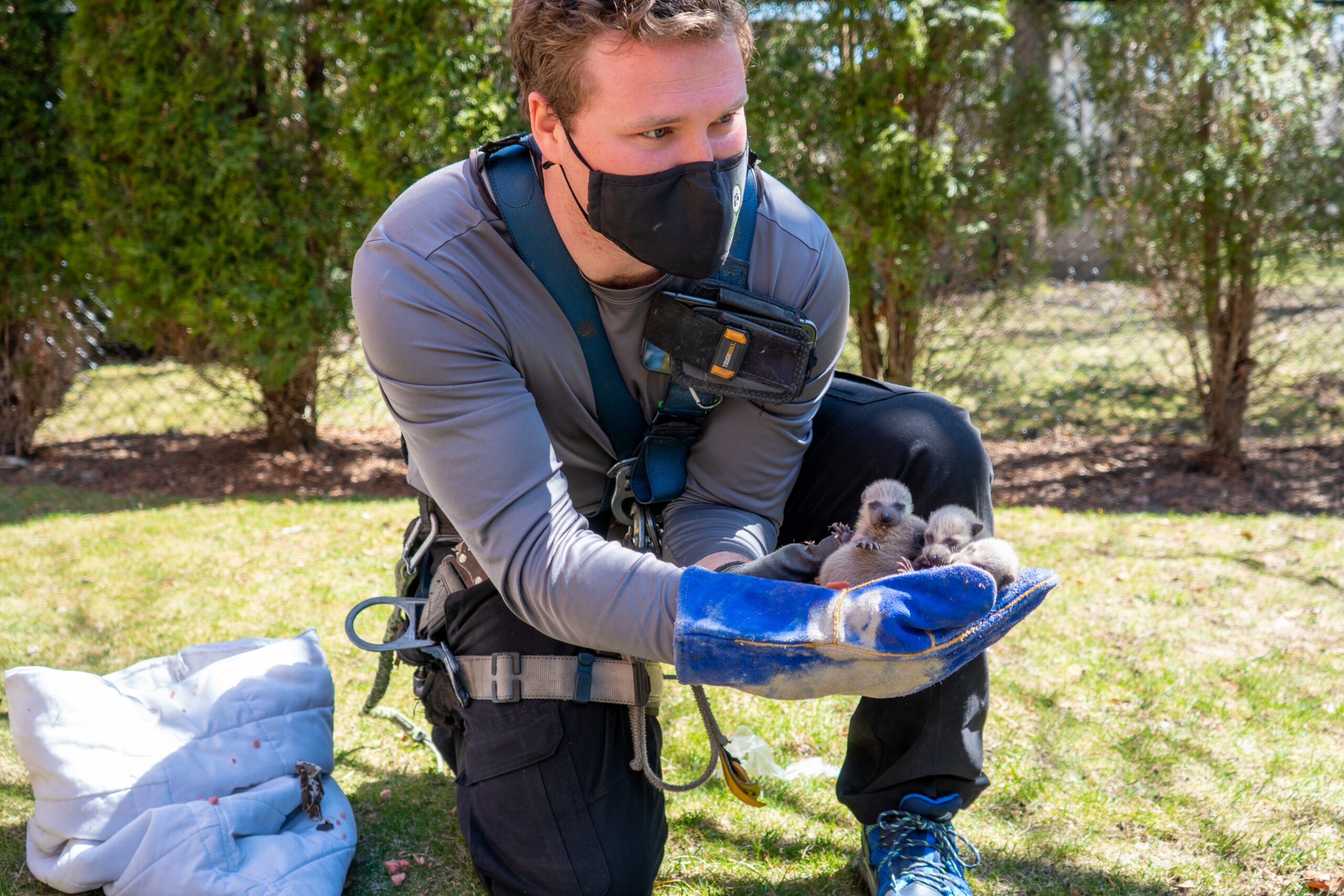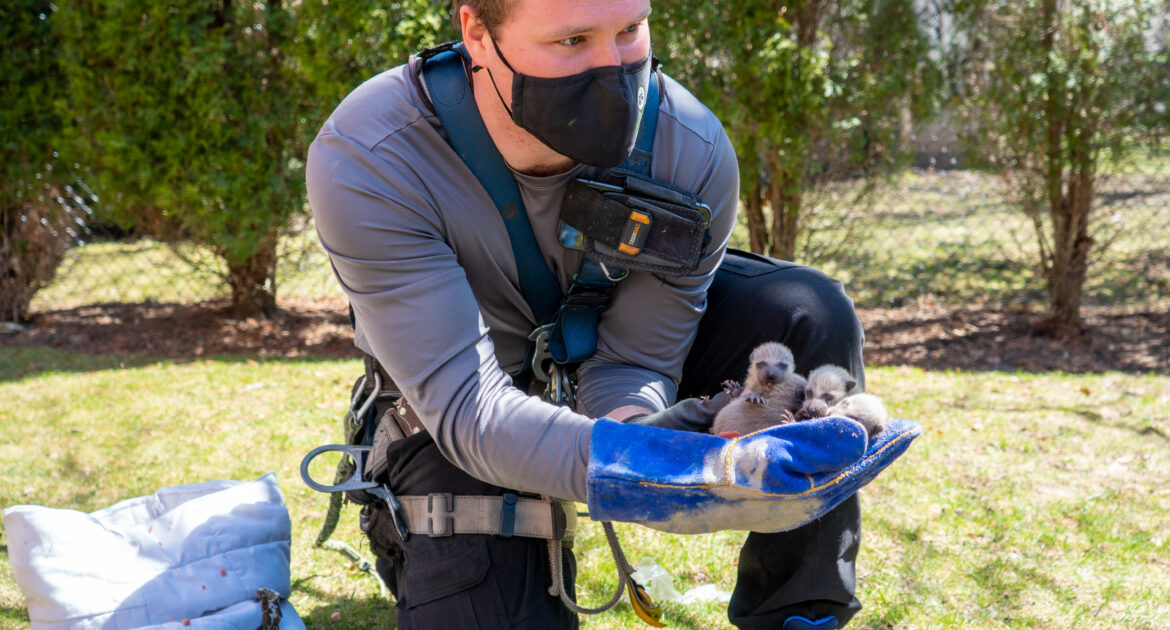Raccoons are familiar neighbourhood and city wildlife. While people are used to the animals scurrying down the street, no homeowner wants a raccoon taking up residence on their property. Raccoons make messy tenants, so it is best to encourage them to stay away. You can call wildlife control in Victoria or follow fundamental property maintenance tips to keep raccoons away.
7 Tips To Prevent Raccoons
While people portray raccoons as troublesome and rambunctious, the animals are quite shy and prefer to steer clear of humans. That said, raccoons need to eat, so living near human communities has benefits.
Raccoons are foragers, meaning they search and scrounge for food. The animals will eat berries and bugs, but they will also make a meal from thrown-away leftovers. To prevent a mess on your property and to keep raccoons away, there are seven things you can try.
1. Remove Grubs
Grubs represent a juicy delicacy for raccoons. If your yard has grubs or beetle larvae, it is crucial to eliminate the problem before raccoons and other foragers catch on.
You might have grubs in your lawn if you notice patches of yellowing or browning grass or if the ground in certain areas feels spongy. Also, if you find a bunch of holes in your yard, it can show that animals are finding grubs to eat. If your yard presents with symptoms of a grub infestation, talk to a wildlife professional about treatment options.
2. Eliminate Water Sources
Water is essential for all living things. To keep raccoons away, eliminate all water sources, including bird baths, swimming pools, koi ponds, etc.
If you do not want to eliminate all water sources, consider keeping them covered most of the time. For example, cover your swimming pool when it’s not in use or open the bird bath a couple of times daily.
3. Remove Food Sources
If possible, remove all food sources from your yard. Bird feeders, pet food bowls, nut and fruit trees, vegetable gardens, and even compost piles and trash represent potential food sources for raccoons.
You can protect trees, gardens, and compost piles by installing fences or covers. Also, you can reduce the risk of raccoons making a meal out of bird seed and pet food by limiting how long each is out in the yard.
4. Secure Trash Cans
You can prevent raccoon removal by cutting off access to one of their most popular meal dispensers: trash cans. Use tight-fitting lids on the cans to prevent easy opening, but more importantly, store trash cans in a shed or garage, eliminating access.
5. Deal With Potential Hiding Places
Raccoons like to take shelter under decks, porches, sheds, and other dark and enclosed spaces. Eliminate easy access to hiding places on your property. Use wire mesh to block under decks, or find appropriate doors, latches, or windows for crawlspaces.
6. Take Care of Your Lawn
Raccoons love lawns with tall grass and fallen leaves. If you keep your grass cut short and rake to eliminate yard waste, the yard is less appealing to the animals, so they will probably search for another yard.
7. Perform Routine Home Maintenance
Raccoons are intelligent animals, and they know when a property is safe for them versus well-maintained by a caring homeowner. Do your best to maintain the interior and exterior of your property, including the roofline, siding, trees and shrubs, decks, porches, and sheds.
Professional Wildlife Control Services Can Help
If you’re wondering how to get rid of raccoons, look no further than Skedaddle Humane Wildlife Control. Contact the service to schedule a visit from qualified wildlife technicians. The techs will assess your property and help you find solutions to your wildlife problems.




